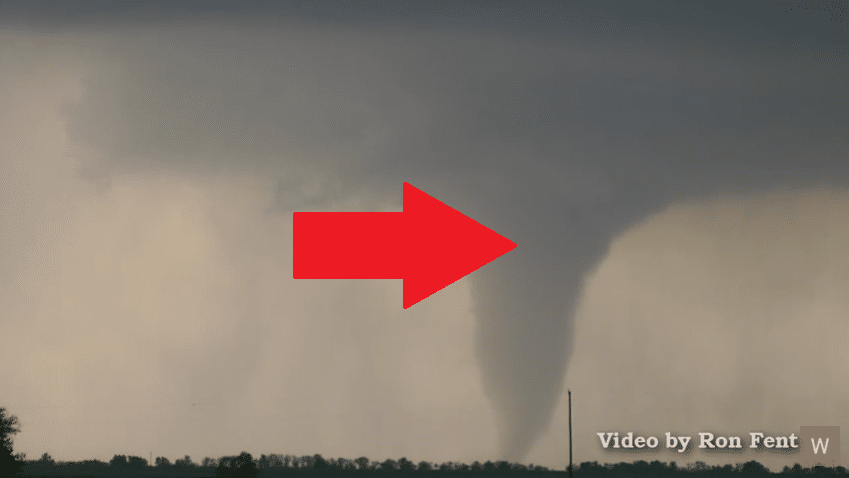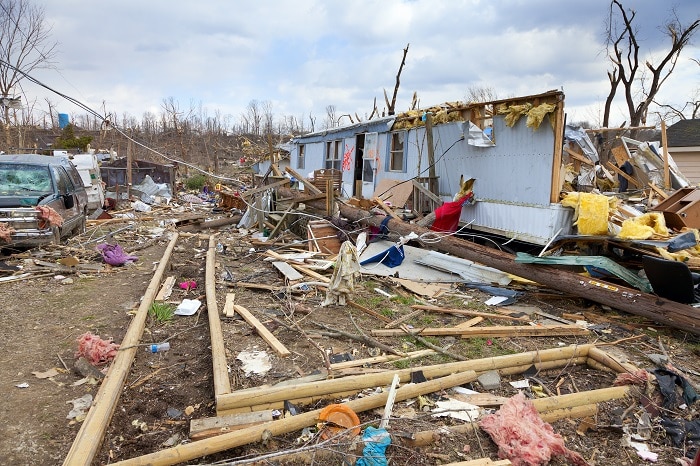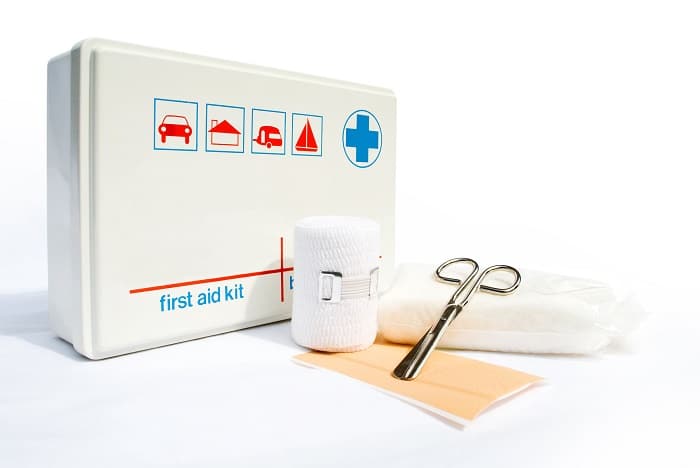The Tornado Sirens sound…do you have a home storm shelter?
Severe storms and tornadoes can come up quick in the south. Whether preparing for a severe thunderstorm or a tornado, having a home storm shelter in place can not only offer comfort when the lights go out, but can save lives if disaster strikes. Here are a few tips to help you prepare a storm shelter in your home for when the sirens sound.
Have a Storm Shelter Ready BEFORE a Storm Hits.
While no one wants to be considered paranoid, when it comes to storm safety
Suggested Shelter Room Areas:
- Basements – Cement walls, fully in ground is best, partial in-ground is second best but choose as far as possible to be in the interior.
- Under Stairways – Objects can fall while a tornado is ravaging a house. So choose areas such as stairways where you are protected overhead by a sturdy structure.
- Small spaces – Small spaces where there is more security from moving objects with structured walls leaving little area for debris to fall. If in an apartment, an interior closet or hallway may be the best bet just remember to keep away from windows and close any doors.
*Mobile Homes are NOT SAFE during a tornado, even an EF-1. 
Stock Supplies Early.
Plan ahead by stocking your storm shelter area with a few basics.
- A Weather Radio – Have a NOAA Weather Alert All Hazard Public Alert Certified Radio in place to stay up on the storm’s path and to know when it is safe to exit your shelter. As electricity may go out during severe weather plan to have extra batteries or a hand-crank radio.
- Flashlights – Flashlights are crucial to assure safety from falls if the electricity goes out. While emergency candles are a good backup, these can become a fire hazard in a small, contained area with a number of people.
- A First Aid Kit – A first aid kit is a must-have for any storm shelter. These can be as elaborate or simple as you choose.

- Water – Make sure to have enough water in the event that you should be stuck for a while. The recommendation is having enough water stored for 1 gallon per person per day for 3 days.
- Food – Non-perishable food items are easily stored in plastic tubs long term. Consider simple items like a jar of peanut butter, granola bars and canned soup (do not forget the can opener).
- Blankets and pillows – Get comfortable, you may be there for a while. Have a set of emergency blankets and pillows stashed in the area as storms can often make the temperatures drop and with electricity out it can get chilly.*Having a twin mattress easily accessible to the area is great for adding an extra layer of protection between you and debris damage to the house.
- Water-proof/fire-proof box – Make sure to have a fire/water proof safety box in a secure location to keep important documents such as birth certificates, insurance policies, passports, etc.
Have an Evacuation or “Bug Out” Plan.
Planning ahead is the key to personal safety and avoiding chaos in the event that disaster strikes. Make sure your family has an evacuation or “Bug Out” plan in place. Practice drills with your family. Have a designated meeting place chosen so family members will know where to re-group and meet up at if they were to get separated.
While hearing the tornado sirens sound can be a bit unnerving having a storm shelter in your home can mean extra peace of mind. Planning ahead is crucial to making sure your family is safe, secure and comfortable during any storm that comes your way.
Whether your home suffers minor damage from a tree fall or the severity of a tornado, the Reliable Restoration expert team is here for you. Our professionals are available 24/7/365 and will be onsite promptly; ready to assure you are safely taken care of and to begin the restoration of your home and your lives. Visit us at www.choosereliable.com or call us at (678) 325-1633. Remember at Reliable Restoration, your family is our family.






